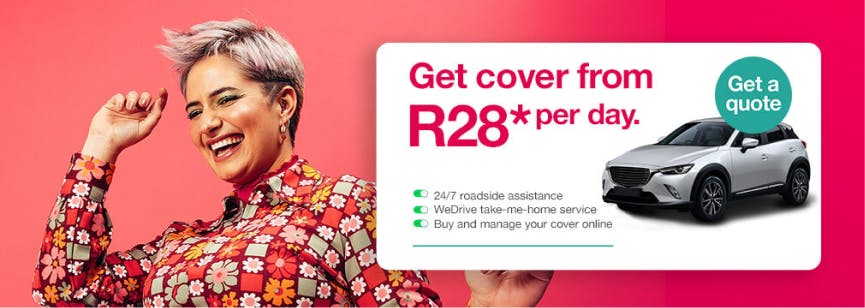Once you've got a better idea of the car you're looking to buy, it's time to secure that all-important financing. Many dealerships provide in-house financing with a lender partner, which could be an easier option if you're unable to get finance elsewhere. The important thing is to get as many quotes as possible from a variety of different finance providers, and to do your best to negotiate the option best suited for you. If you are looking to trade in your vehicle, make sure you understand its current value, and decide whether or not you'd be better off selling it privately. In terms of financing, you have a number of different options available to you.
Installment sale agreements
If you opt for this financing option, you'll be obliged to pay off your car loan in equal monthly installments over a designated time period, which can span between 12 and 72 months. The longer the term of the loan, the lower your monthly installment will be, but remember that you'll be paying a lot more in interest, and thus spending more over time. As such, you'd be well advised to try to pay off the car as quickly as possible, or to pay an upfront deposit so as to reduce the overall loan amount. Banks will calculate your monthly installments based on the vehicle price, upfront deposit amounts and the potential trade-in value of your current vehicle.
Residual or Balloon
A balloon or residual payment refers to a portion of the amount due payable at the end of the repayment period. Many car finance providers offer this option as it allows you to pay a significantly lower monthly installment. But beware, because while this might sound like an appealing option, balloon or residual payments increase the total amount owing to the lender, and you'll need to be able to pay the balloon amount at the end of the term if you want to own the car outright, so make sure you have the necessary funds available.
Variable vs. Fixed Interest Rates
A variable interest rate is essentially determined by market forces, and can increase or decrease based on the predetermined 'prime' lending rate. If you opt for this type of interest rate, you could end up paying less over time, but bear in mind that this is a riskier option, as it could end up working against you. A fixed interest rate is typically higher, but will be guaranteed for the duration of your repayment period, thus allowing you to make adequate provisions in your budget. So make sure to do your homework on the pros and cons of each option before making your decision.






